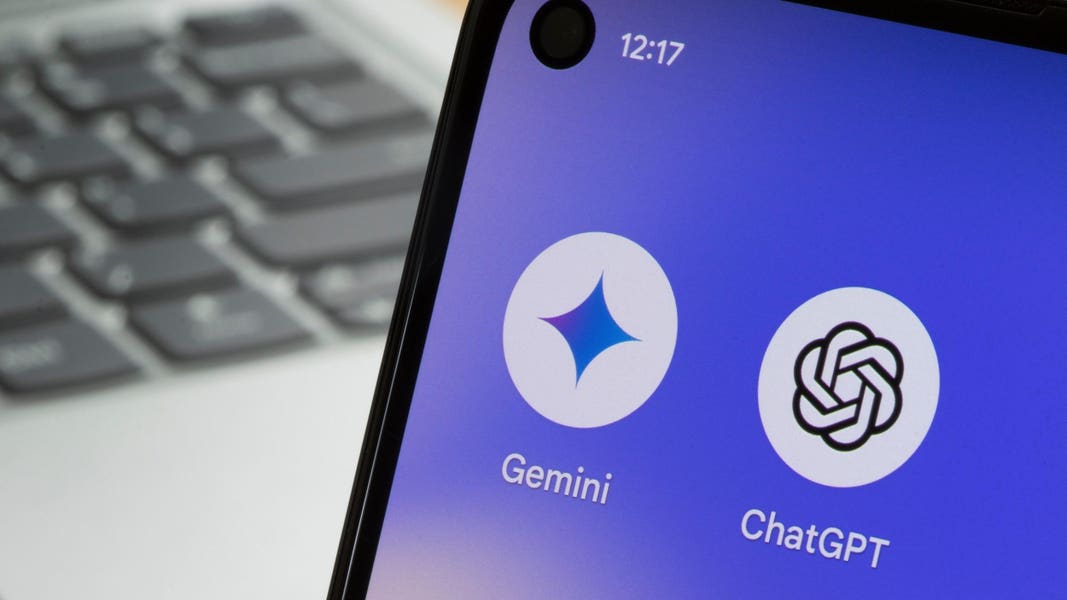According to a McAfee study, around 25% of single individuals in the United States use artificial intelligence (AI) to enhance their online dating profiles by adding more attractive images, creative conversation starters, and other improvements.
In a survey conducted among 7,000 adults in the United States, United Kingdom, France, Germany, Australia, India, and Japan, McAfee observed a growing trend of people embracing AI tools to aid in their search for companionship. The study found that this year, 45% of men globally and 39% of respondents overall have considered using AI to create heartfelt messages for their loved ones on Valentine’s Day.
The research also uncovered the following insights:
- In the United States, 23% of participants admitted to using AI to enhance their digital dating content.
- Globally, 30% of individuals, and 27% of respondents, utilize AI to enrich their dating profiles with more information, photos, and messages tailored to potential matches.
- The interest in using AI for crafting Valentine’s Day messages is increasing, with 25% of Americans contemplating this approach, up from 26% in 2023.
Interestingly, 69% of the survey participants noted that AI-generated content has improved their online dating experiences, attributing the positive responses they receive to messages created with machine learning algorithms.
However, despite the benefits, most respondents expressed concerns about potential partners using AI tools. Nearly two-thirds of those surveyed indicated that if they discovered someone was using AI to create their digital persona or images, they might view them skeptically.
McAfee also highlighted the risks associated with the misuse of AI technologies, warning that malicious actors could exploit these tools to create fake identities and deceive unsuspecting individuals. Reports showed that 25% of American respondents had encountered deceptive individuals online.
McAfee’s Chief Technology Officer, Steve Grobman, emphasized the increasing threat of cybercriminals using AI to engage in fraudulent activities disguised as romantic interests, especially as more people interact online in the lead-up to Valentine’s Day.
The online dating landscape presents various challenges, with 57% of US participants reporting instances of being asked for money after a date. Additionally, 20% of respondents were questioned about their birthdates, while about 10% were requested to provide personal information like social security numbers.
To address the proliferation of fake AI-generated content, internet users are adopting more advanced verification methods to evaluate potential romantic connections. For instance, 38% of respondents confirmed verifying a woman’s profile pictures for identity validation, while 59% admitted to checking the social media profiles of other dating site members to assess their online presence.
In response to these trends, Grobman stressed the importance of balancing romantic optimism with cautious skepticism. He recommended being careful when sharing sensitive information online and implementing appropriate security measures to protect privacy, identity, and personal data.










